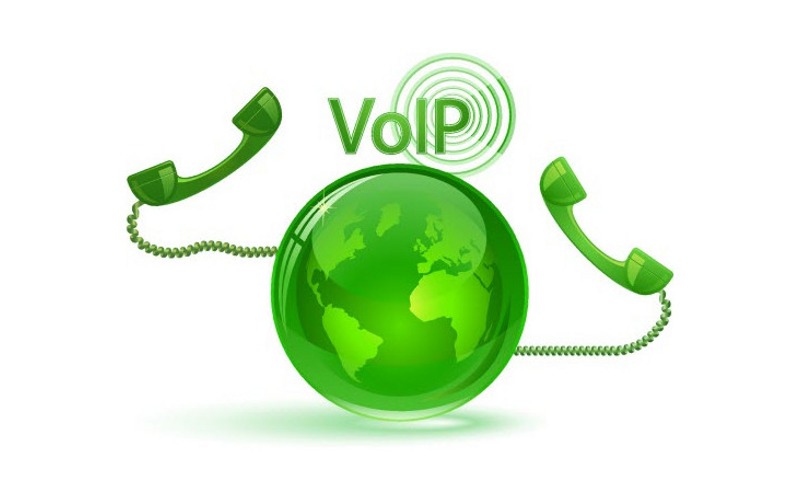VoIP services like Truphone VoIP and Skype have been very difficult for law enforcement and government agencies to tap. However, new eavesdropping technology could allow government agencies to “silently record” Internet calling conversations in real time.
The difficulty in wiretapping VoIP services stems from how they convert analogue audio signals into fragmented digital data packets and send them in a way that is difficult and costly for third parties to intercept. Some countries have taken to blocking VoIP services as a security precaution.
Now, however, Dennis Chang, a California businessman and president of VoIP-PAL, has obtained a “legal intercept” technology patent. This technology, according to Chang via a report from Slate, “would allow governments to ‘silently record’ VoIP communications” by allowing authorities to identify and monitor suspected criminals simply by accessing their username and subscriber data.
The patent also states that suspects can be tracked down by billing records that associate names and addresses with usernames.
Such a capability would make not only audio conversations but “any other data streams such as pure data and/or video or multimedia data” open for interception.
While some internet users may try to circumvent these measures and attempt to use false subscriber data and services to mask their IP addresses, this patent would restructure the way VoIP data is sent over the internet to make it much easier for authorities to track calls.
Governments around the world have been trying to find new ways to intercept citizens’ online communications to ensure proper surveillance. In response the increasing popularity of Voice Over IP solutions, the UK, U.S. and other countries have sought to compel VoIP providers to install technology that would allow “lawful interception” of conversations.
The patent, originally filed by Mr Chang’s company in 2007, marks just one entrant into a battle to capitalise on this race to provide the next generation of online surveillance technology.
Do you agree that VoIP services should be easier for the governments to monitor?

